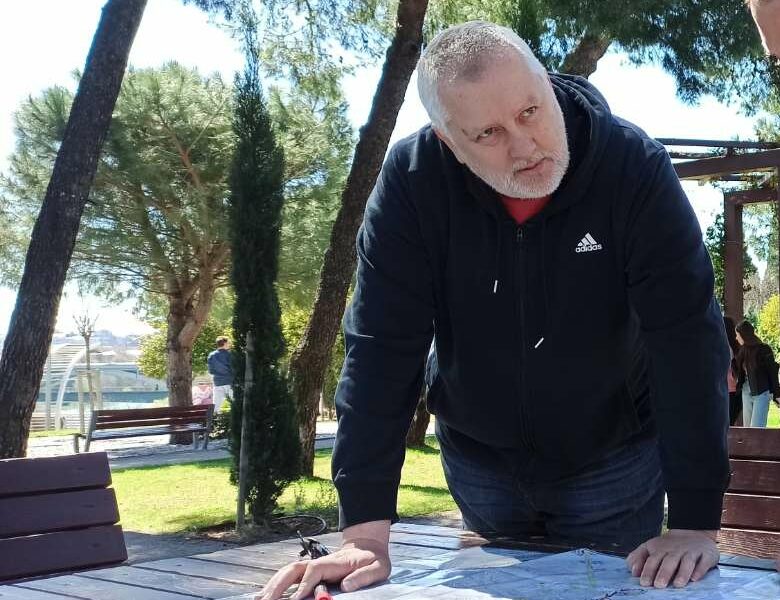Student Blockades in Serbia: Police Brutality, Vučić’s Threats, and Political Farce
For days now, Serbia’s streets have been the stage for a dramatic showdown – students and citizens are blocking roads in Belgrade, Novi Sad, Niš, and other cities, met with harsh police arrests and violence. What started as a student protest against police brutality quickly escalated into a massive movement supported by the academic community and numerous social groups.
Police Strike Back, Vučić Threatens
Serbian President Aleksandar Vučić spares no words. According to him, the police have “fully controlled the situation,” and the blockades “do not threaten citizens’ interests.” Vučić even claimed the blockades are “damaging neighbors” and that support for the protests is dramatically falling. He called the demonstrators “hooligans” and “container terrorists,” praising the police for “applying minimal force.”
However, reports from the ground tell a different story: dozens arrested, beatings, severe fractures in at least four protesters, all for peaceful road blockades. Among those detained are students, professors, high schoolers, and even Stefan Filipović, a director and professor at the Faculty of Dramatic Arts in Belgrade.
Blockades as a Response to Repression
The protests began after supporters of the Serbian Progressive Party brutally attacked students at the Faculty of Dramatic Arts in Novi Sad, culminating in blockades of over 60 faculties across all four state universities. Citizens joined students, employing mobile blockade tactics – quickly moving containers and occupying intersections, avoiding direct clashes with police.
Lawyers organized to provide free legal aid to detainees, while prosecutors increased shifts to swiftly process arrests. Still, many believe the repression is excessive and aimed at intimidating citizens.
Political Farce and Vučić’s Statements
Miloš Vučević, advisor to the Serbian president and SNS leader, called the blockades “fascist politics” and “hooligan attacks” on other citizens. He claims blockades won’t bring political change and that Vučić won’t yield under pressure. Vučević even compared protesters to a “lower race” and accused parents of not knowing what their children are doing.
Such statements only fuel tensions and show how much the government fails or refuses to understand public dissatisfaction. While the government boasts about Serbia’s “European future,” freedom of expression and the right to peaceful protest are being suffocated on the streets.
Academic Community and Civil Resistance
Serbia’s academic community shows solidarity with students. Professors and students organize blockades, protests, and legal aid. However, internal divisions exist – some students oppose professors’ strikes, while others see unity as essential in fighting repression.
Civil disobedience is spreading – intersection blockades, mobile actions, mass work stoppages. Despite government attempts to suppress protests, the message is clear: dissatisfaction is huge, and citizens won’t give up easily.
What’s Next?
Will the protests lead to real change or be crushed by repression? Vučić and his allies show they are not ready for dialogue but for a crackdown on dissenters. On the other hand, students and citizens demonstrate exceptional courage and persistence.
This situation in Serbia is not just a fight for student rights but a battle for the future of democracy, freedom, and justice in the country. If you think this is just another political drama, think again – history is being written on the streets.
So, what do you think? Are the students heroes or hooligans? Does Vučić really control the situation or is he on the brink of losing it? Drop a comment, take a look at Serbia’s streets, and decide for yourself – this is not about silence, but about a rebellion that won’t stop!







